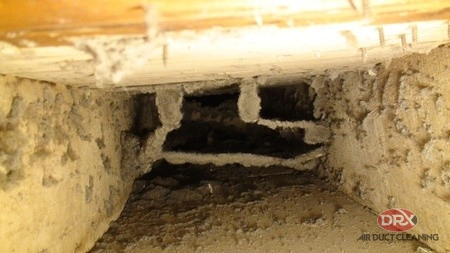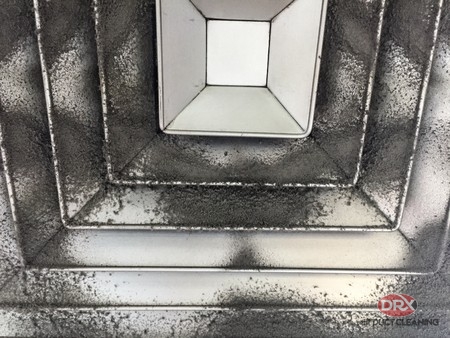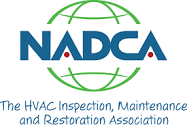Are you in need of Morris County air duct cleaning services? If you’re looking for a air duct cleaning company, there are a few things you should know before beginning your search. Hiring the first company you find usually isn’t a great idea. It’s imperative to properly look into any company that you are considering to hire for a job. This is because not all companies are created equal. Some will try to rip you off, and others may not be qualified or do a poor job. Below are some tips to help you choose a professional and reputable Morris County air duct cleaning company.
Morris County Air Duct Cleaning | Ask for References
A good air duct cleaning company that has done quality work in the past won’t have a problem with providing you with a few references. Most companies know that word of mouth is a great way to increase sales, so they often ask customers if they can use them as references. If you are dealing with a company that simply can’t provide you with references, it is best to find yourself another cleaning service.
 Air Duct Cleaning in Morris County | Years in the Business
Air Duct Cleaning in Morris County | Years in the Business
A great way to find out if a company knows what they are doing is to ask how long they have been doing it. Don’t hesitate to ask the owner how long they have been cleaning ducts and if they say a month, it’s probably better to go with another company. You wouldn’t want your duct work to fall into the hands of someone that’s still trying to learn the business.
Air Duct Cleaning Service in Morris County | Check their BBB Profile
The BBB, or Better Business Bureau, keeps a record of all complaints that are filed with them against companies. How companies handle these complaints is rated by the BBB and then graded. You can check out almost any company with the BBB that has a file with them and see how they compare. If the company you are researching has an F for a grade, it’s probably wise not to do business with them.
Central NJ Air Duct Cleaning | Licensed, Qualified, & Insured
Make sure to ask if the company has full insurance and has the proper licensing qualifications. Making sure the company working for you has insurance will keep your home safe from any damage that might occur during the cleaning process. This will also protect you, the homeowner from any damages in case of an accident while the workers are on your property.
Air Duct Cleaning in Central NJ | Get a Contract in Writing
Before any work has begun on your duct work make sure to get everything in writing and have it signed. Making sure that you read everything in the contract will keep you from later finding out that you have to pay an extra charge. Most honest duct cleaning services will have up front prices and short, easy to understand contracts.
Looking for a Professional & Reputable Morris County Air Duct Cleaning Company?
DRX Duct Cleaning, based in North Plainfield and Bridgewater, NJ is a certified & licensed company by the NADCA and IAQA. Hiring an ASCS certified air duct cleaning New Jersey contractor is the #1 thing you should consider before calling any company! Our North Plainfield and Bridgewater, NJ air duct cleaning business provides residential, commercial, & industrial air duct cleaning services. We also offer exhaust ventilation cleaning and mold remediation for HVAC systems too! Service area include towns in the Morris County, NJ area such as Chester, Mendham, Mount Olive, Landing, Rockaway, Hillsborough, North Plainfield, Green Brook, Watchung, Bridgewater, Warren, Montgomery, Bedminster, Bernardsville, Branchburg, Somerville, Somerset, and many more throughout New Jersey. For more information on our air duct cleaning or other services, call us today at 908-755-2950 or visit our website.
Other Posts:

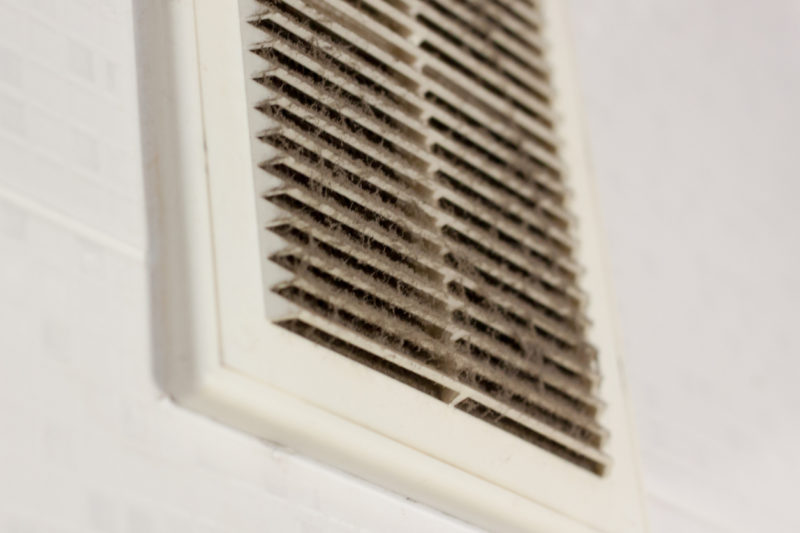 Air Duct Cleaning in Morris County | Years in the Business
Air Duct Cleaning in Morris County | Years in the Business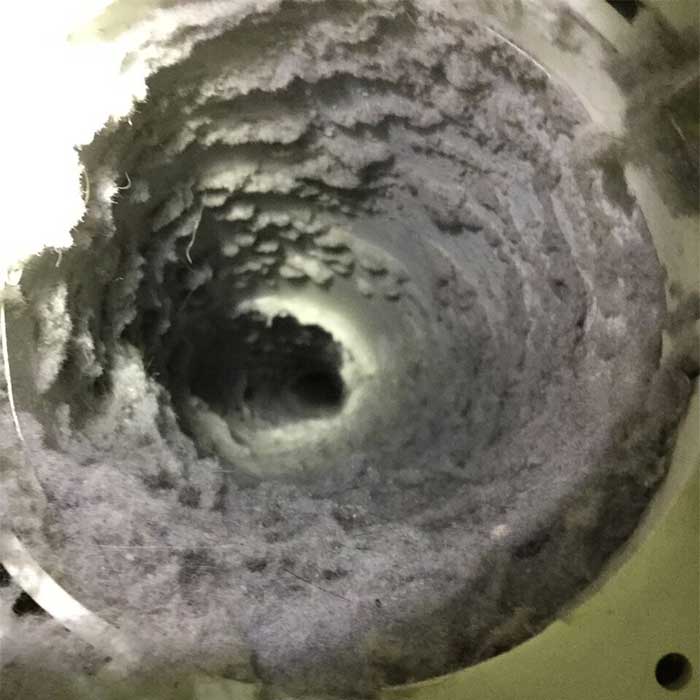 Drum
Drum 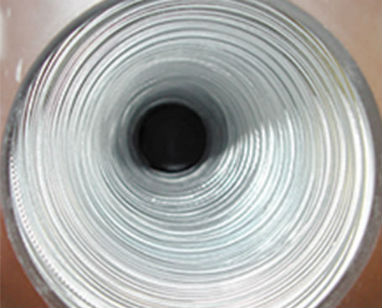 When?
When? 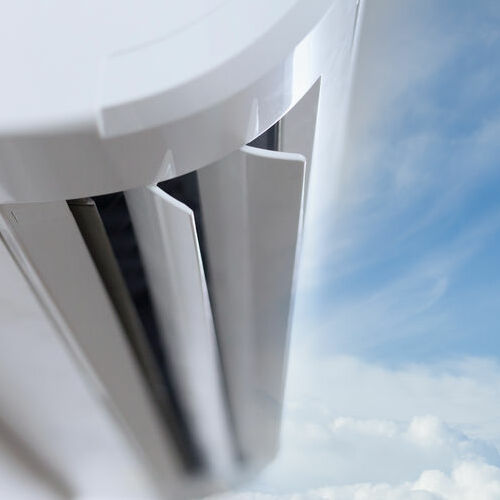
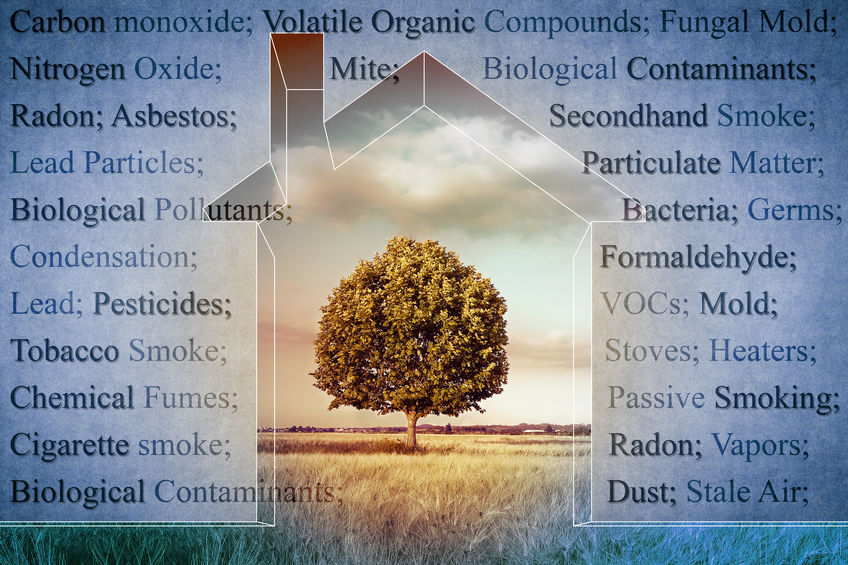
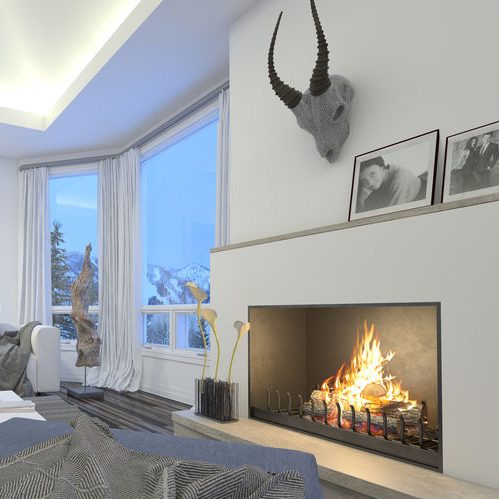
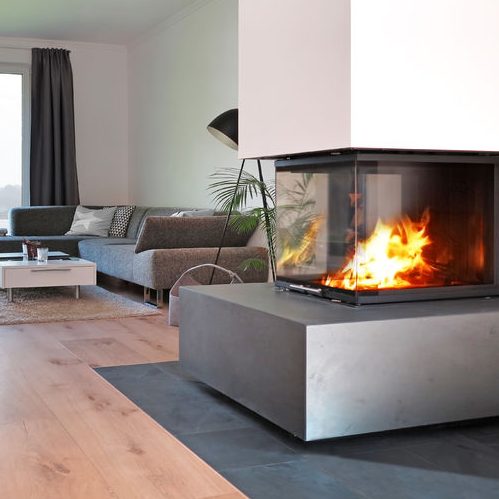
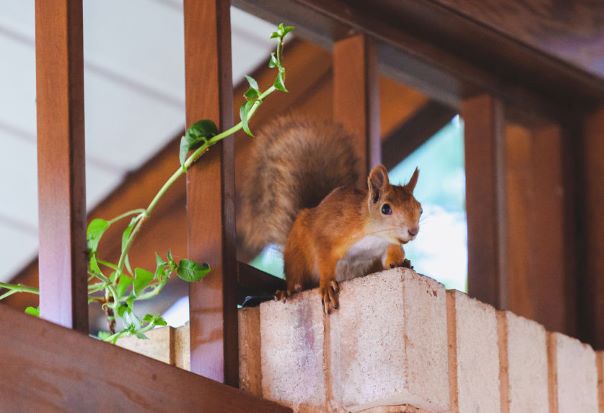
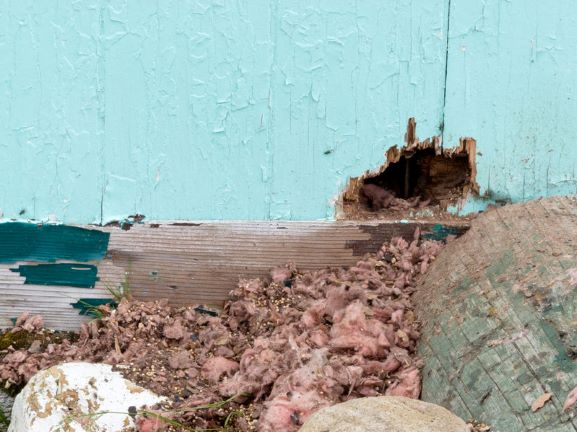
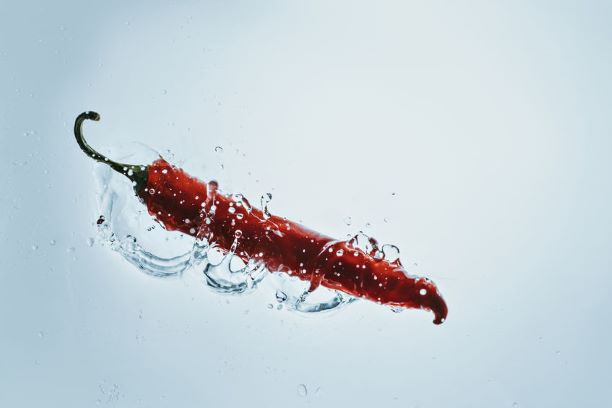
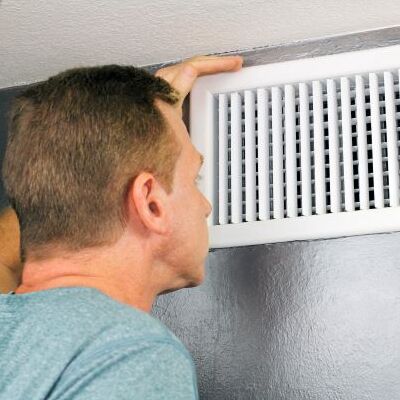 There are a lot of companies out there that promise a professional air duct cleaning service for a low amount of money. Chances are if it is too good to be true, it probably is. These companies are called “bait & switch” companies. They promise
There are a lot of companies out there that promise a professional air duct cleaning service for a low amount of money. Chances are if it is too good to be true, it probably is. These companies are called “bait & switch” companies. They promise 